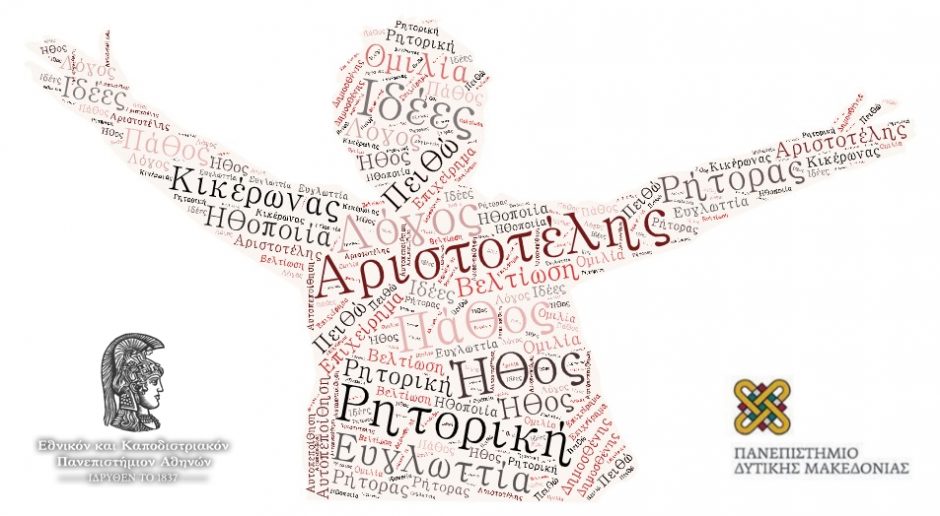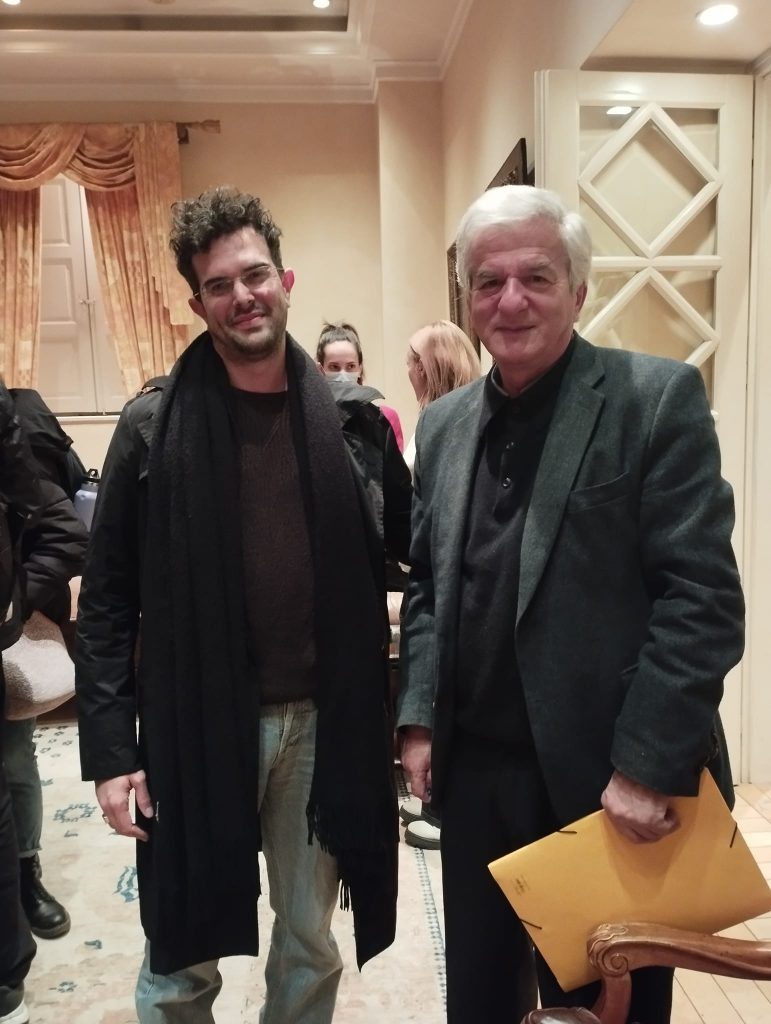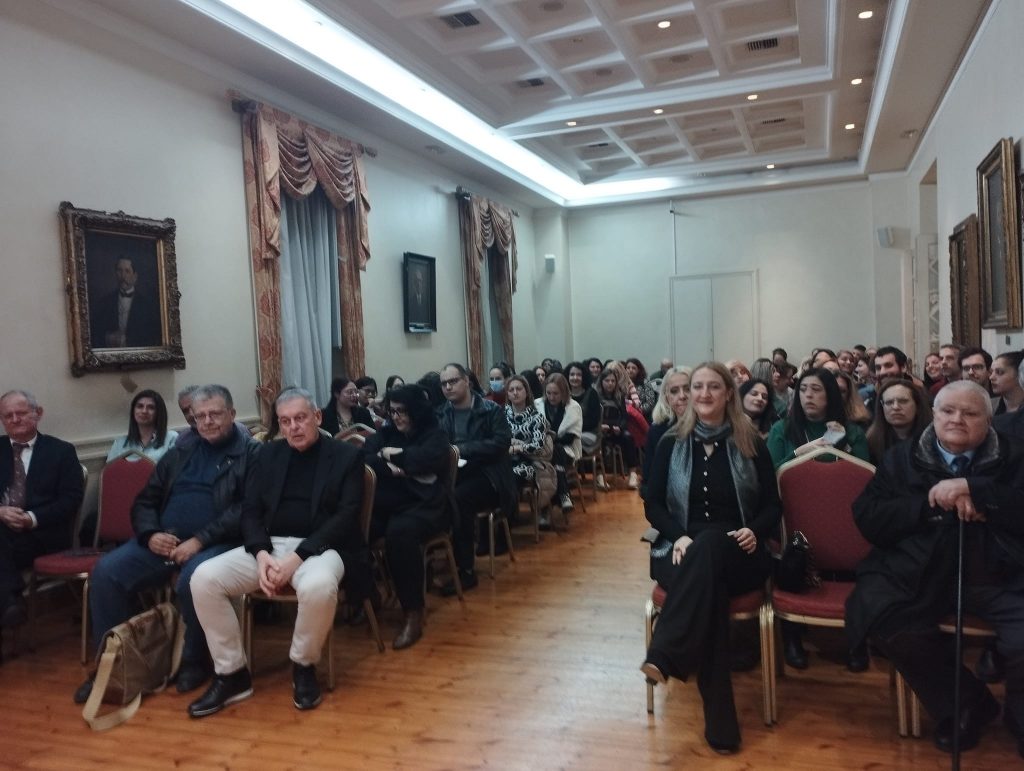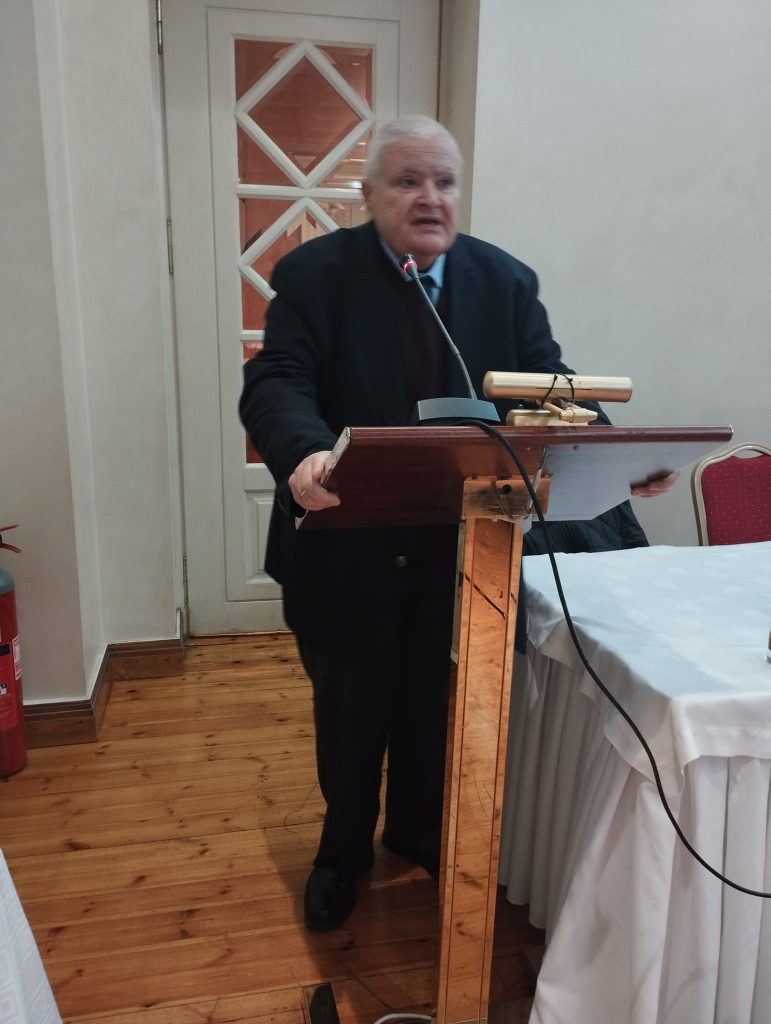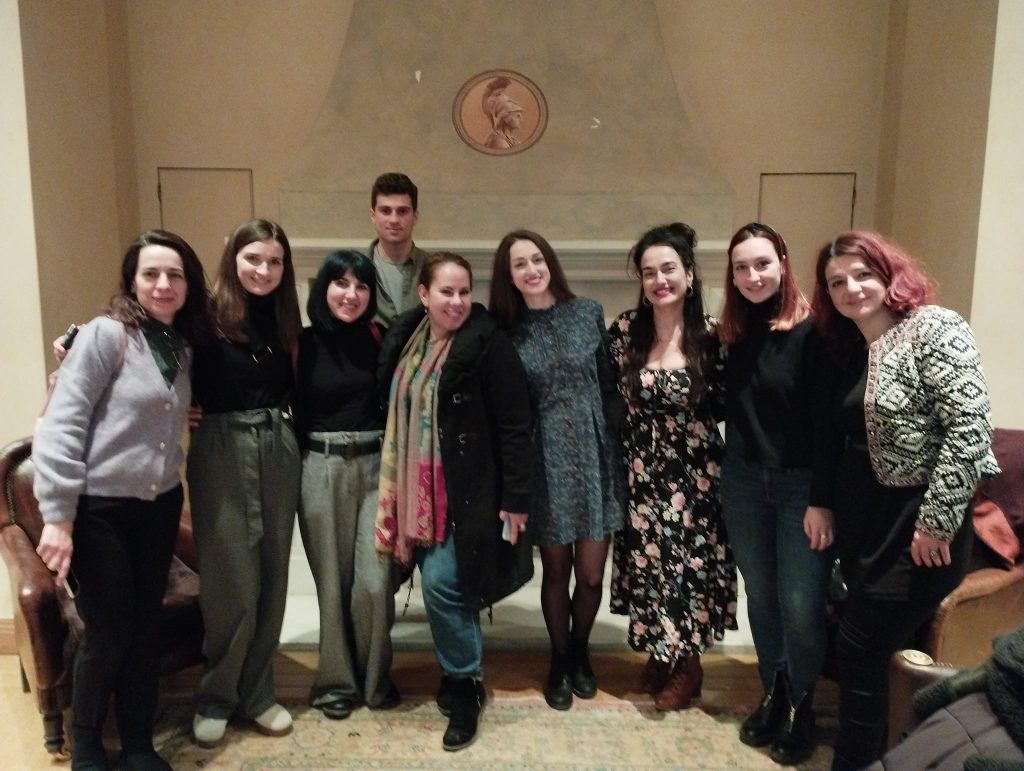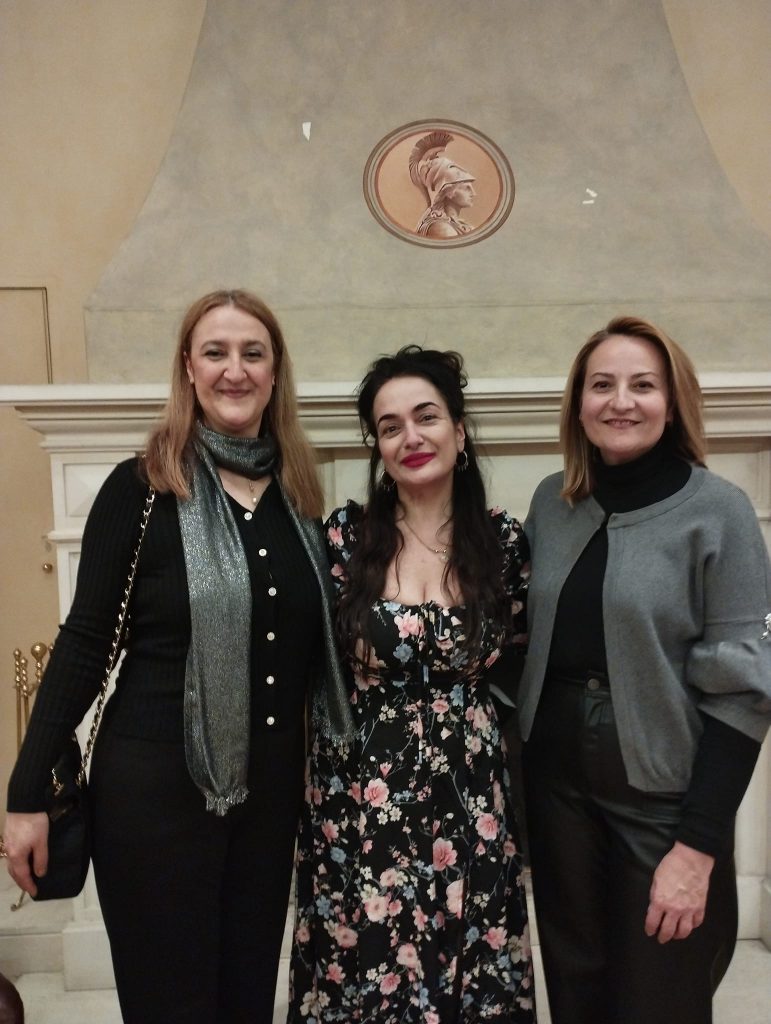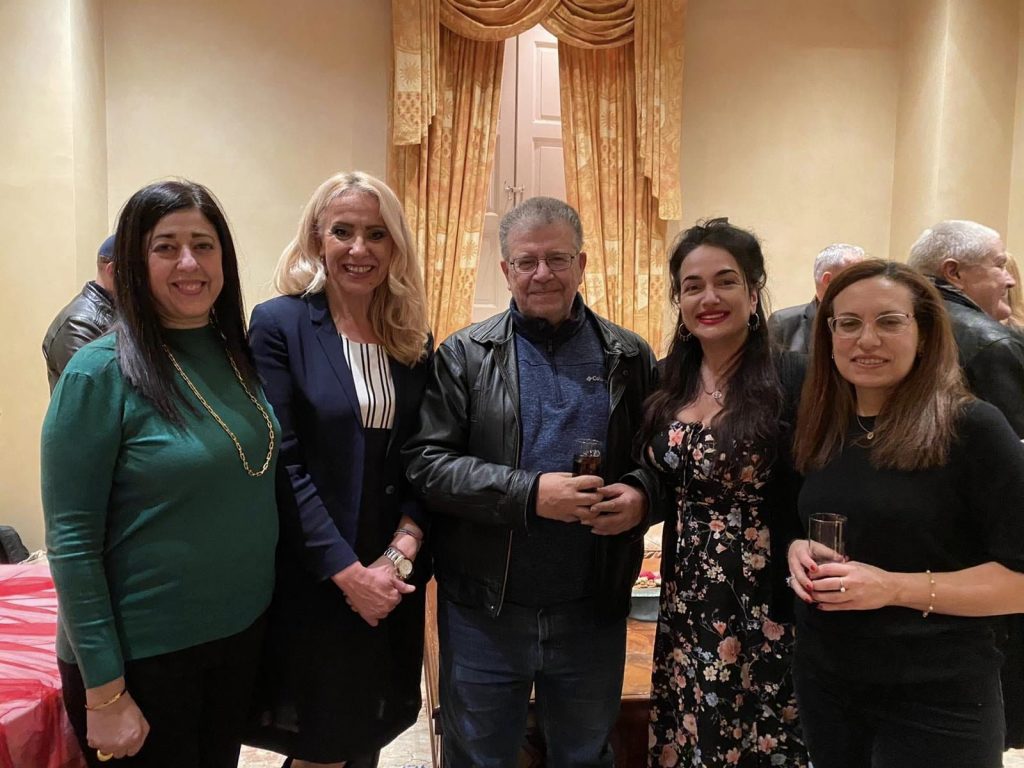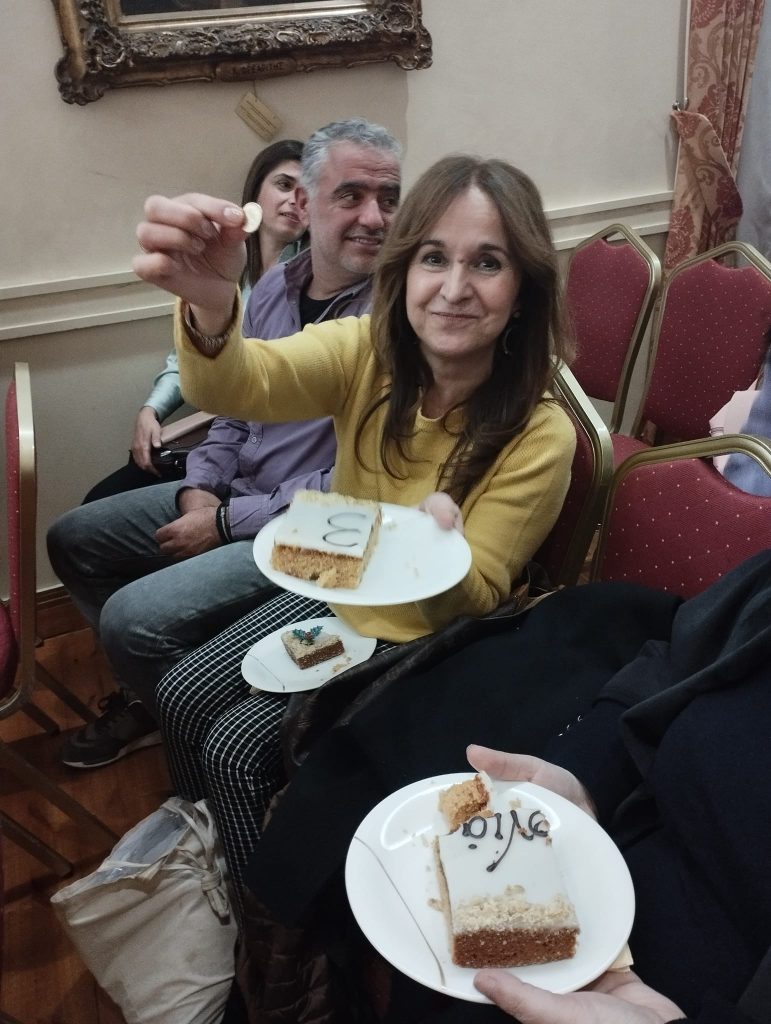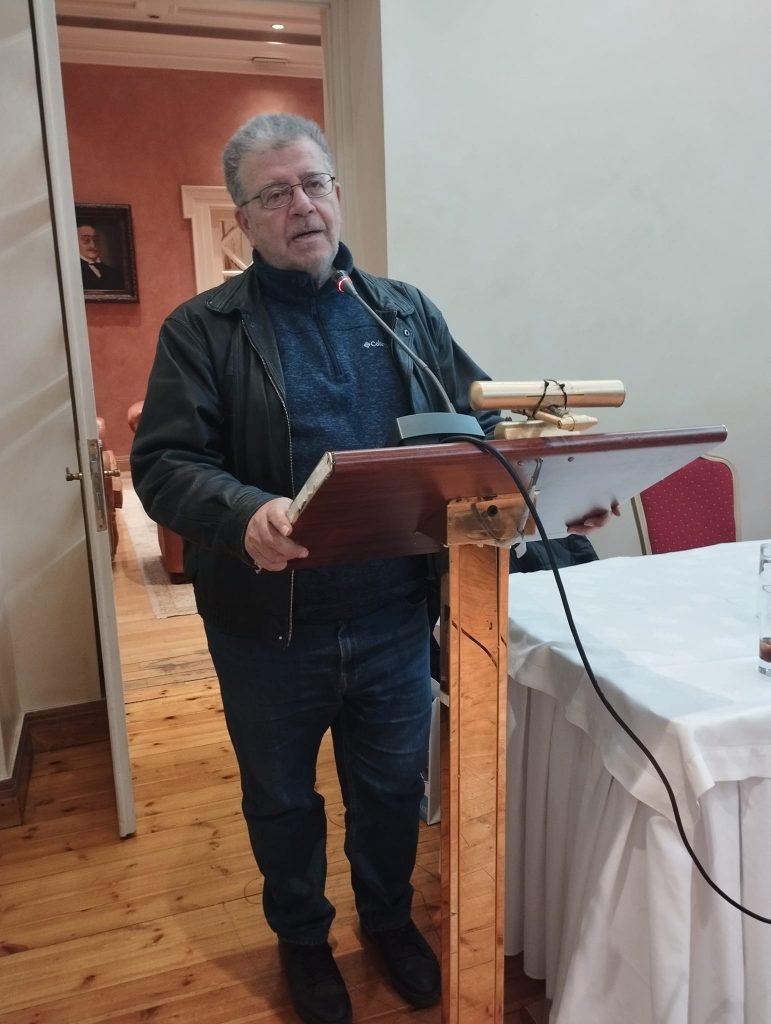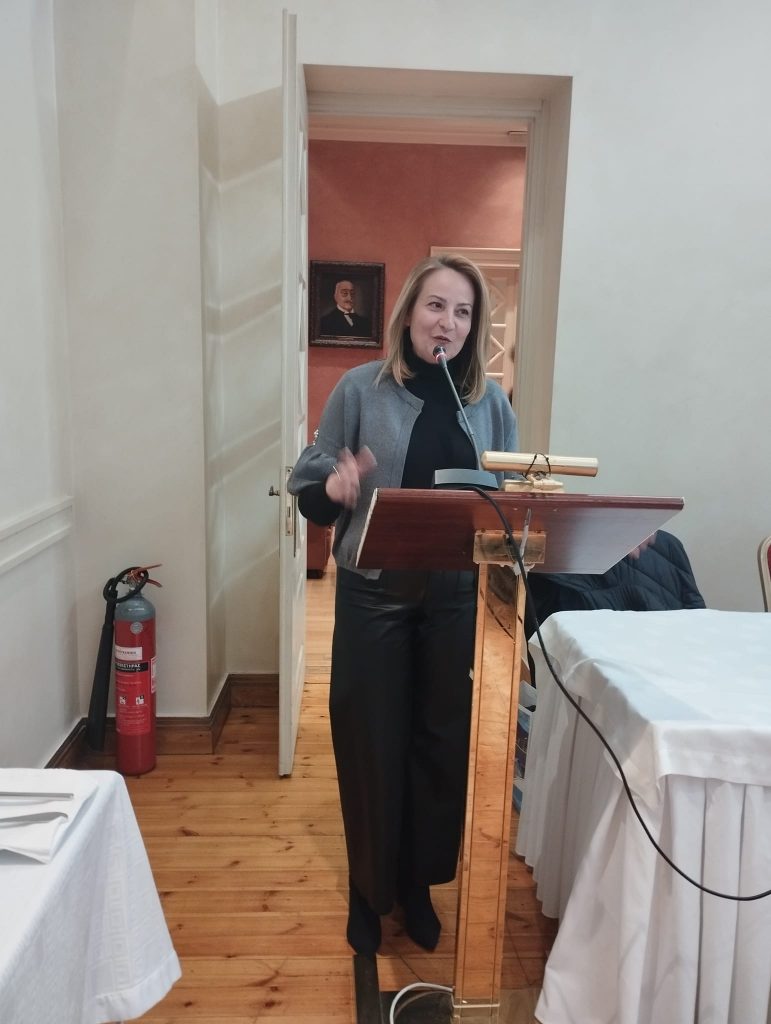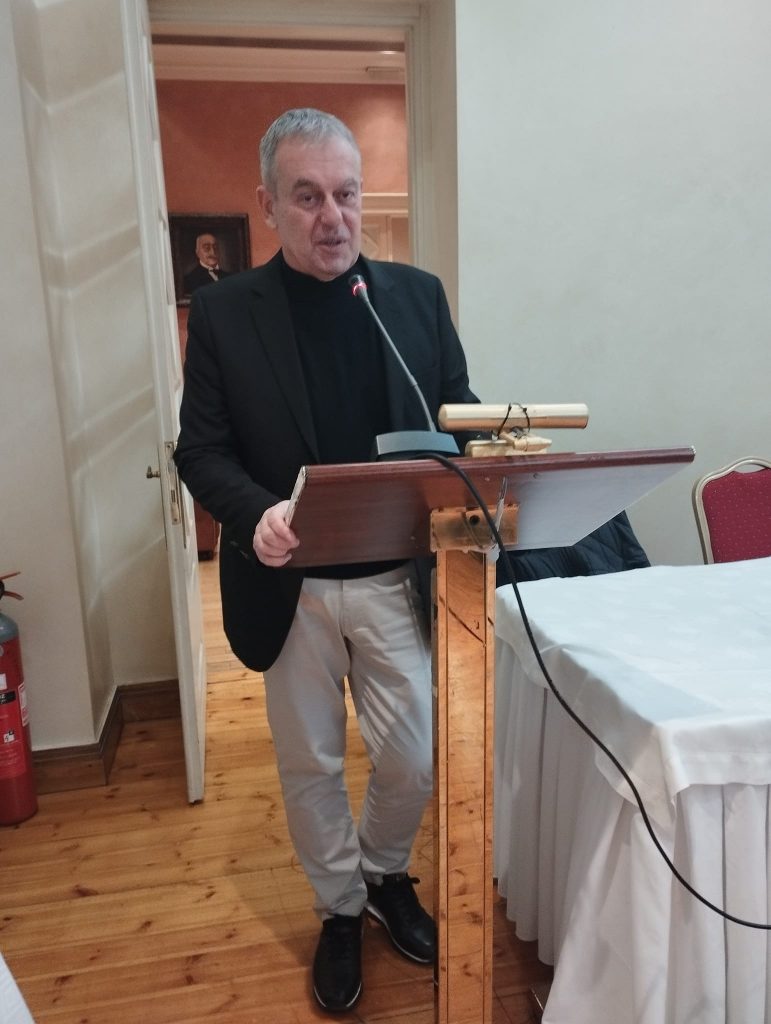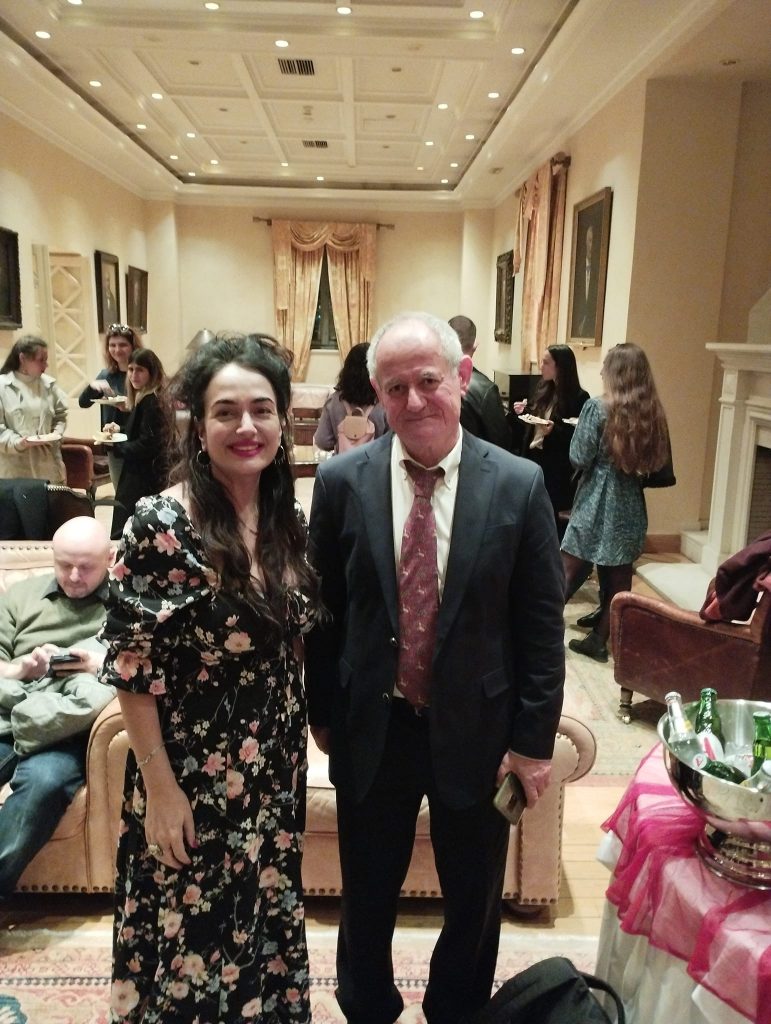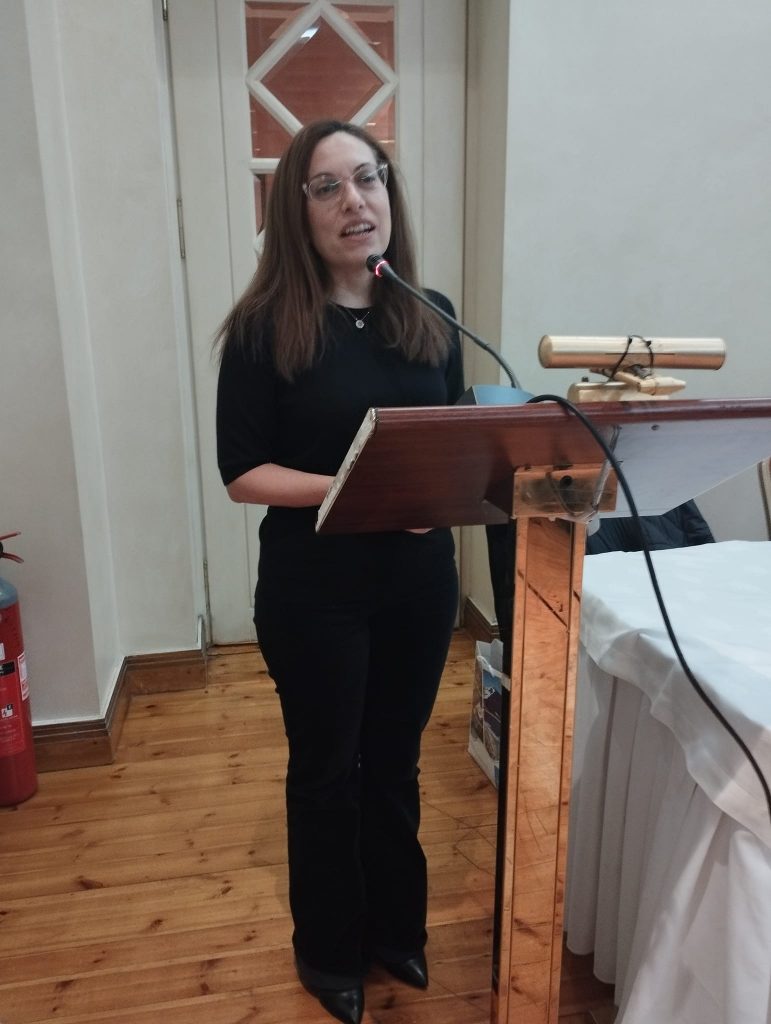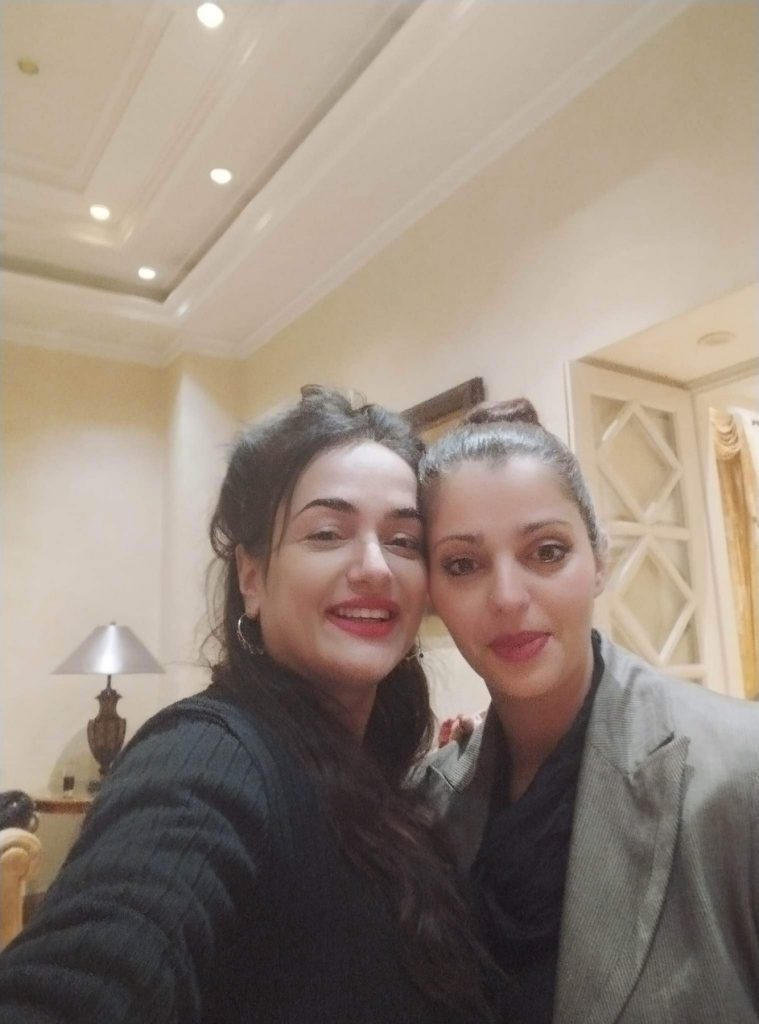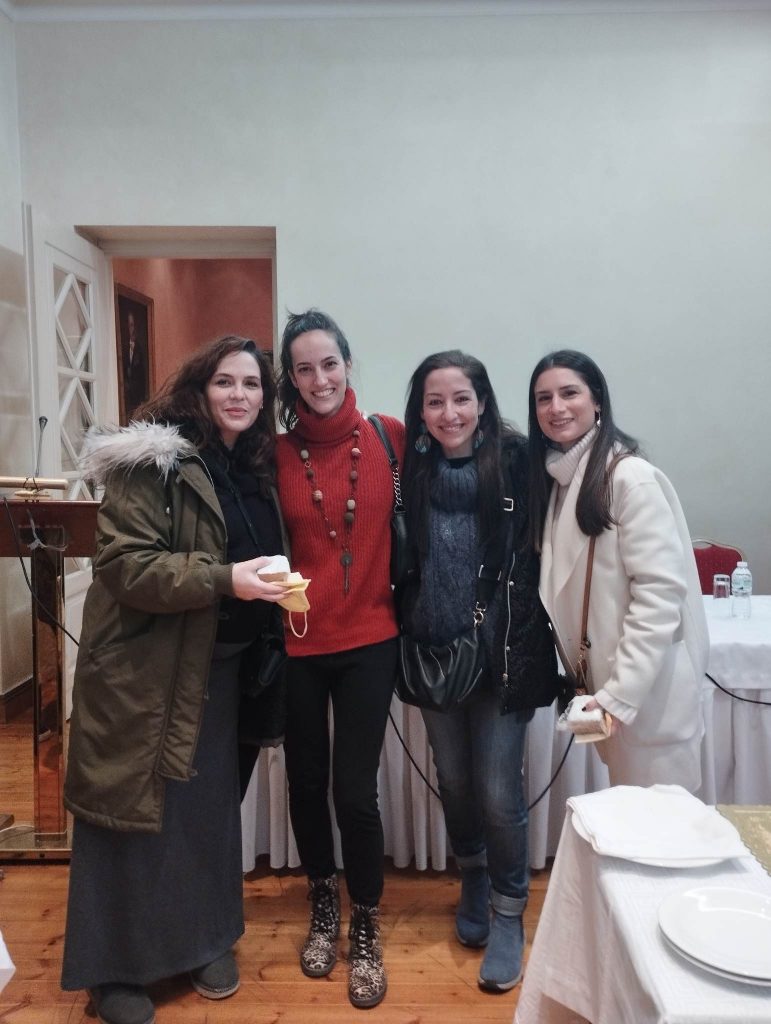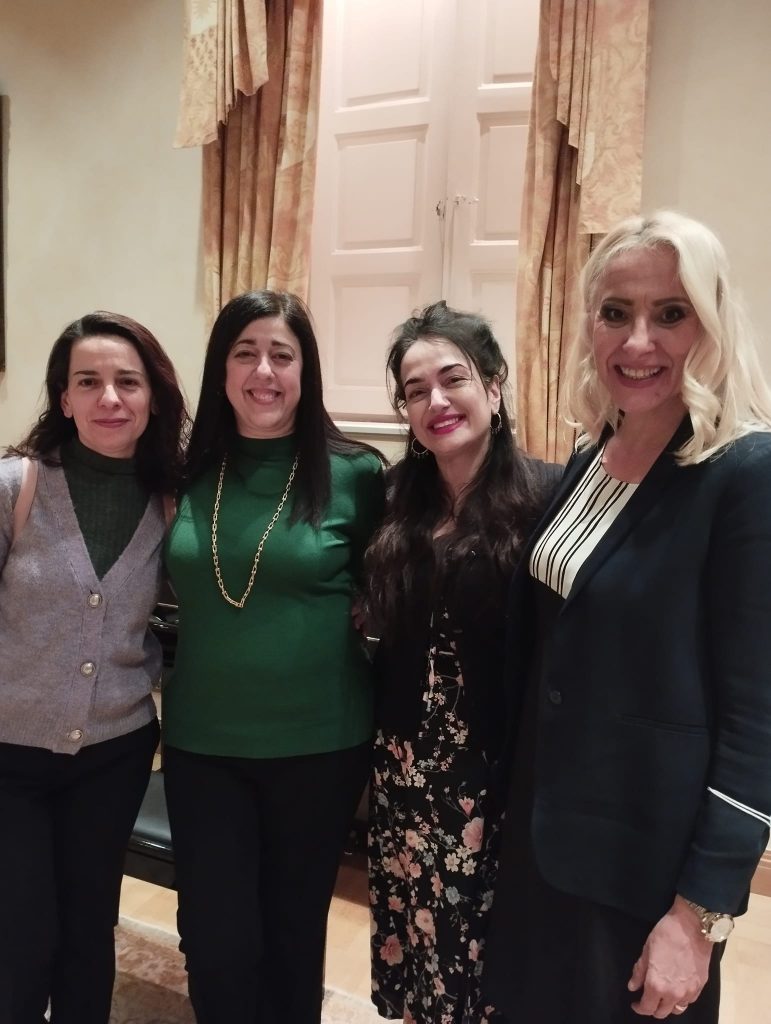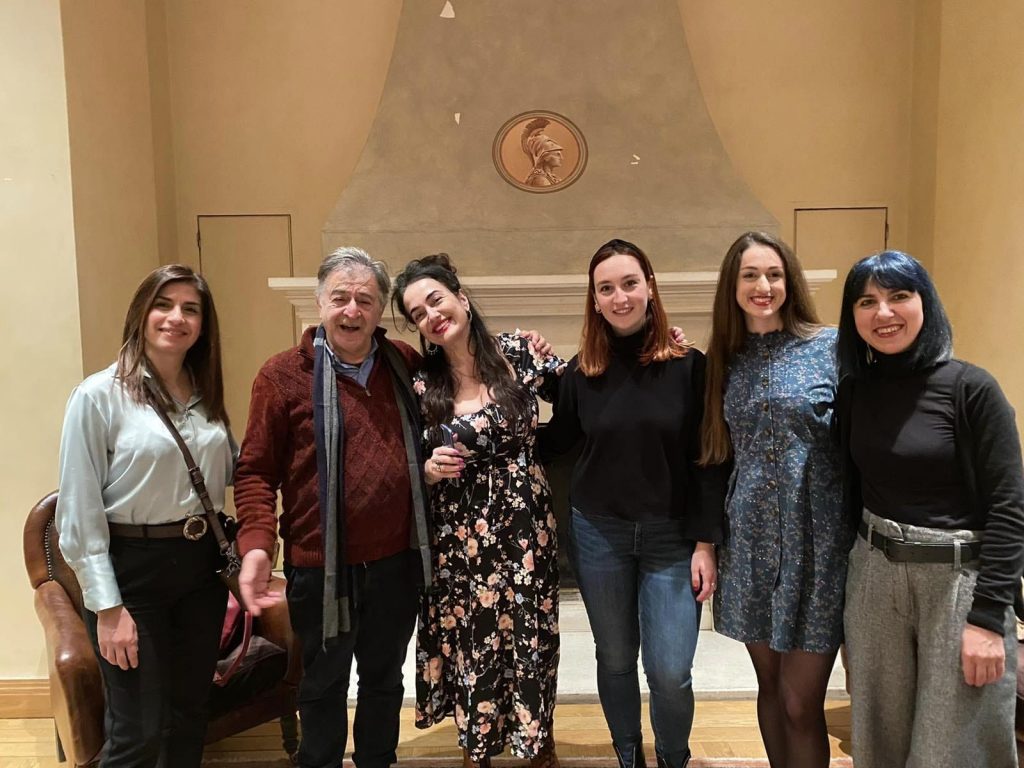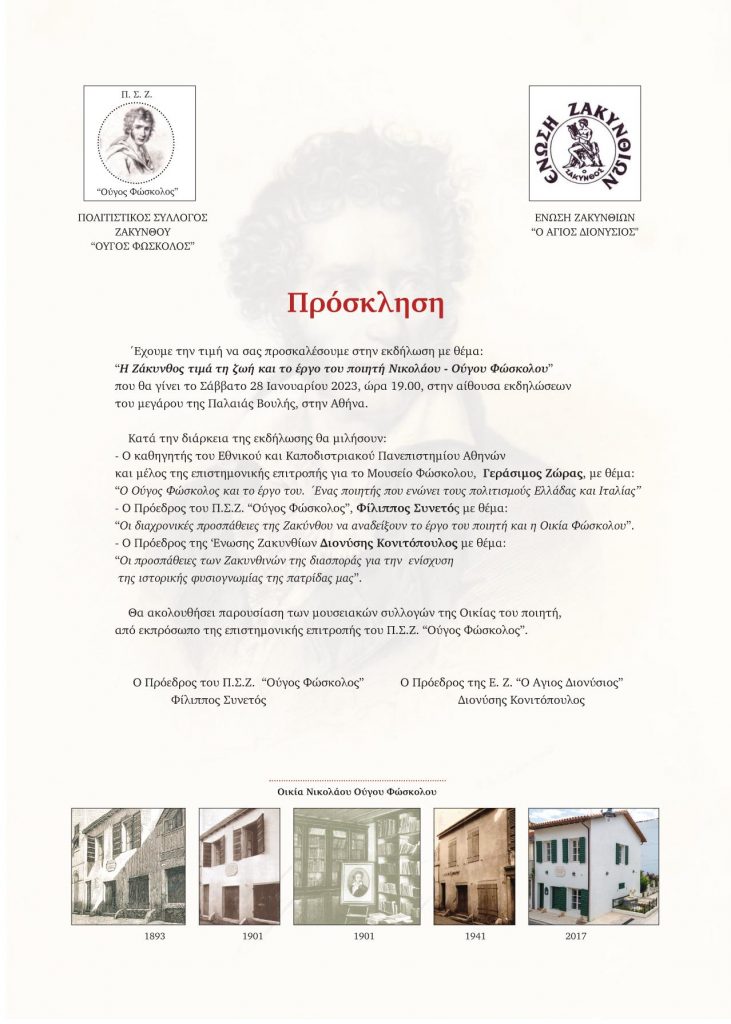14-17 ΔΕΚΕΜΒΡΙΟΥ 2023, ΘΕΣΣΑΛΟΝΙΚΗ
Ο Τομέας Θεωρητικής και Εφαρμοσμένης Γλωσσολογίας του Τμήματος Αγγλικής
Γλώσσας και Φιλολογίας του Αριστοτελείου Πανεπιστημίου Θεσσαλονίκης έχει την
ιδιαίτερη τιμή και χαρά να διοργανώσει το επετειακό 16ο Διεθνές Συνέδριο
Ελληνικής Γλωσσολογίας (16ο ΔΣΕΓ), το οποίο συμπληρώνει και γιορτάζει τα 30
χρόνια από την πρώτη διοργάνωσή του το 1993.
Το συνέδριο θα πραγματοποιηθεί στις 14-17 Δεκεμβρίου 2023 στο Κέντρο
Διάδοσης Ερευνητικών Αποτελεσμάτων (ΚΕΔΕΑ) του ΑΠΘ.
Στο Συνέδριο γίνονται δεκτές περιλήψεις για προφορικές ή αναρτημένες
ανακοινώσεις και προτάσεις για θεματικές συνεδρίες και για ομάδες εργασίας
για όλες τις πτυχές της μελέτης και ανάλυσης της ελληνικής γλώσσας
(φωνητική, φωνολογία, μορφολογία, σύνταξη, σημασιολογία, πραγματολογία,
ιστορική γλωσσολογία, κοινωνιογλωσσολογία, ψυχογλωσσολογία,
νευρογλωσσολογία, υπολογιστική γλωσσολογία, εκπαιδευτική γλωσσολογία,
διδακτική της γλώσσας, μετάφραση, κτλ.).
_____
Γενικές Συνεδρίες (προφορικές ή αναρτημένες ανακοινώσεις)
Οι περιλήψεις θα πρέπει να πληρούν τα παρακάτω κριτήρια:
* να είναι ανώνυμες με γλώσσες συγγραφής την ελληνική ή την αγγλική,
* να μην ξεπερνούν τη μία σελίδα τηρώντας τις εξής προδιαγραφές: μονό
διάστιχο, 2,5 εκ. περιθώρια περιμετρικά και γραμματοσειρά Times New Roman 12
(στο όριο αυτό συμπεριλαμβάνονται πίνακες, παραδείγματα, γραφήματα,
βιβλιογραφικές αναφορές, κτλ.),
* να σημειώνεται αν η περίληψη προορίζεται για προφορική ανακοίνωση,
για αναρτημένη ανακοίνωση ή και για τα δύο,
* να υποβάλλονται σε αρχείο pdf ηλεκτρονικά μέσω της Φόρμας Υποβολής
Περίληψης https://www.new.enl.auth.gr/icgl16/icgl-16-abstract-submission/ .
Σημειώνεται ότι κάθε ερευνητής/τρια μπορεί να υποβάλει μέχρι δύο περιλήψεις
το ανώτατο (δύο αυτόνομες, ή μια αυτόνομη και μία σε συνεργασία ή δύο σε
συνεργασία). Ο περιορισμός αυτός ισχύει για τις γενικές και τις θεματικές
συνεδρίες, δηλαδή δεν μπορεί ένας/μία ερευνητής/τρια να υπερβεί των αριθμό
των δύο εργασιών είτε μετέχει σε γενικές ή θεματικές συνεδρίες είτε και στις
δύο.
_____
Θεματικές Συνεδρίες
Παράλληλα με τις γενικές συνεδρίες, θα διοργανωθεί μια σειρά θεματικών
συνεδριών. Οι προτάσεις για θεματικές συνεδρίες πρέπει να αποσταλούν
στους/στις διοργανωτές/τριες του συνεδρίου ( icgl16@enl.auth.gr ) και να περιλαμβάνουν πληροφορίες για τους στόχους και τη
συνεισφορά της θεματικής συνεδρίας, τον αριθμό των ομιλιών, τους τίτλους και
τους/τις ομιλητές/τριες. Οι προτάσεις δεν πρέπει να ξεπερνούν τις δύο
σελίδες (μονό διάστιχο, 2,5 εκ. περιθώρια περιμετρικά και γραμματοσειρά
Times New Roman 12). Περισσότερες πληροφορίες σχετικά με τη διαδικασία
αξιολόγησης των περιλήψεων θα αποσταλούν στους/στις διοργανωτές/τριες των
θεματικών συνεδριών σε σύντομο χρονικό διάστημα.
_____
Ομάδες εργασίας
Κατά τη διάρκεια του συνεδρίου, θα υπάρξει η δυνατότητα συγκρότησης ομάδων
εργασίας σε διάφορες θεματικές. Στόχος των ομάδων εργασίας είναι να δοθεί η
ευκαιρία για συνάντηση και ελεύθερη συζήτηση μεταξύ των ερευνητών/τριών
(έμπειρων και νεότερων) πάνω σε συγκεκριμένες θεματικές, έτσι ώστε να
υπάρξει ανταλλαγή απόψεων και εμπειριών και να τεθούν οι βάσεις για νέες
συνεργασίες και ερευνητικά προγράμματα. Οι ενδιαφερόμενοι/ες θα πρέπει να
ενημερώσουν την οργανωτική επιτροπή για τη θεματική που προτείνουν στην
ηλεκτρονική διεύθυνση . Οι θεματικές θα συγκεντρωθούν και θα προγραμματιστεί ο χώρος και ο χρόνος συνάντησης των ομάδων εργασίας. Οι σύνεδροι θα είναι ελεύθεροι να παρακολουθήσουν τις ομάδες εργασίας που θα επιλέξουν.
_____
Σημαντικές ημερομηνίες
* Πρόσκληση για περιλήψεις και θεματικές συνεδρίες: Νοέμβριος 2022
* Προθεσμία υποβολής περιλήψεων: 15 Μαρτίου 2023
* Ενημέρωση για αποδοχή περιλήψεων: 31 Μαΐου 2023
* Προθεσμία υποβολής θεμάτων για ομάδες εργασίας: 1 Σεπτεμβρίου 2023
* Προθεσμία εγγραφής ομιλητών/τριών: 10 Σεπτεμβρίου 2023
_____
Ιστότοπος Συνεδρίου https://www.enl.auth.gr/icgl16/
_____
ICGL 16
CALL FOR PAPERS
16th INTERNATIONAL CONFERENCE ON GREEK LINGUISTICS
14-17 DECEMBER 2023, THESSALONIKI, GREECE
header-new2-1024.jpg
The Department of Theoretical and Applied Linguistics of the School of
English, Aristotle University of Thessaloniki is honoured and pleased to
announce the 16th International Conference on Greek Linguistics (16th ICGL),
which is an anniversary event celebrating the 30 years of the conference.
The conference will be held on 14-17 December 2023 at the Aristotle
University Research Dissemination Center.
We invite abstract submissions for oral or poster presentations and
proposals for thematic sessions and working groups on any aspect of the
linguistic study and analysis of Greek (phonetics, phonology, morphology,
syntax, semantics, pragmatics, historical linguistics, sociolinguistics,
psycholinguistics, neurolinguistics, computational linguistics, educational
linguistics, language instruction, translation, etc.).
_____
Regular sessions (oral or poster presentations)
Abstract submissions should meet the following guidelines:
* They should be anonymous and written in English or Greek.
* They should be up to one page long (single spaced, 2.5cm margins on
all sides and 12pt Times New Roman font size). The one-page limit includes
any examples, tables, graphs, references, etc.
* Authors should indicate whether the abstract is to be considered for
an oral presentation, a poster presentation, or both.
* Abstracts should be submitted as PDF files via the https://www.new.enl.auth.gr/icgl16/icgl-16-abstract-submission/ Abstract Submission Form.
Each author may submit up to two abstracts (for two single-authored papers
or one single-authored and one co-authored or two co-authored papers). This
restriction applies irrespective of whether papers are submitted to general
or thematic sessions.
_____
Thematic sessions
A number of thematic sessions will run in parallel to the general sessions
of the conference. Proposals for thematic sessions should be sent to the
organisers ( mailto:icgl16@enl.auth.gr ) including information on the aims and contribution of the thematic session, number of talks, titles and authors. Proposals should be up to two pages long (single spaced, 2.5cm margins on all sides and 12pt Times New Roman font size). More information about the reviewing process will be sent to the thematic session organisers in due course.
_____
Working groups
During the conference, participants will have the opportunity to form
working groups on topics of their interest. Working groups will provide the
opportunity to delegates to meet and discuss with other researchers
(experienced or early career), share common interests on specific scientific
areas, exchange knowledge and experiences, and initiate new collaborations
and research programs. Participants who wish to organize a working group are
welcome to submit a short proposal with information about its content.
Proposals should be submitted at icgl16@enl.auth.gr
icgl16@enl.auth.gr. The topics will be collected and the working groups will
be scheduled. Interested delegates will be free to attend the working
group(s) of their choice.
_____
Important dates
* Call for papers and thematic sessions: November 2022
* Deadline for abstract submission: March 15, 2023
* Notification of acceptance: May 31, 2023
* Deadline for topics for Working groups: September 1, 2023
* Author registration deadline: September 10, 2023
_____
Conference website
https://www.enl.auth.gr/icgl16/

